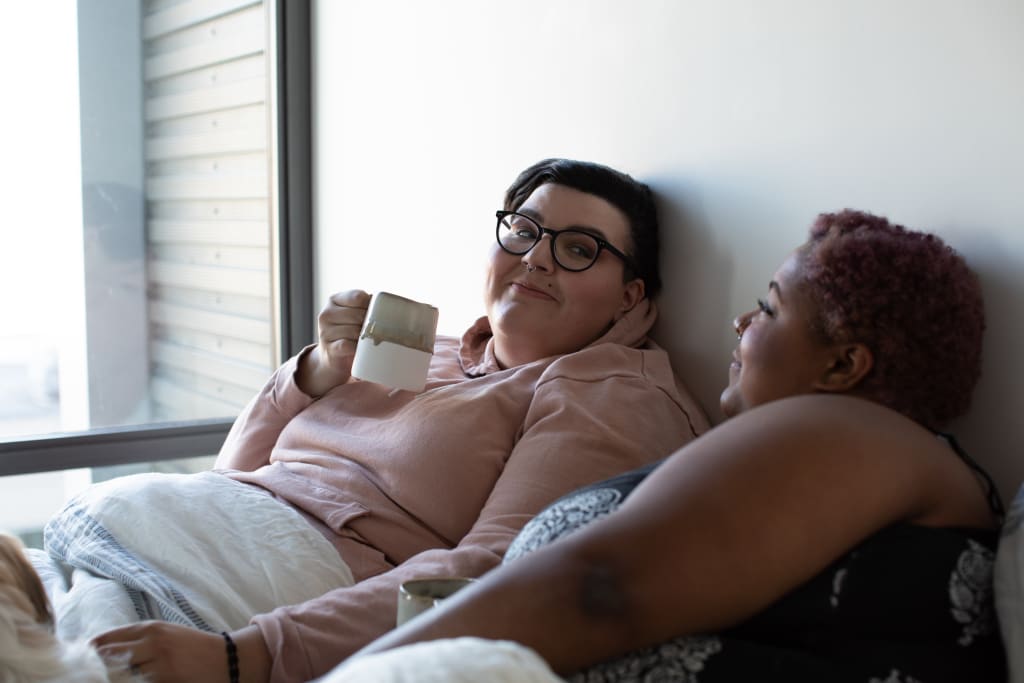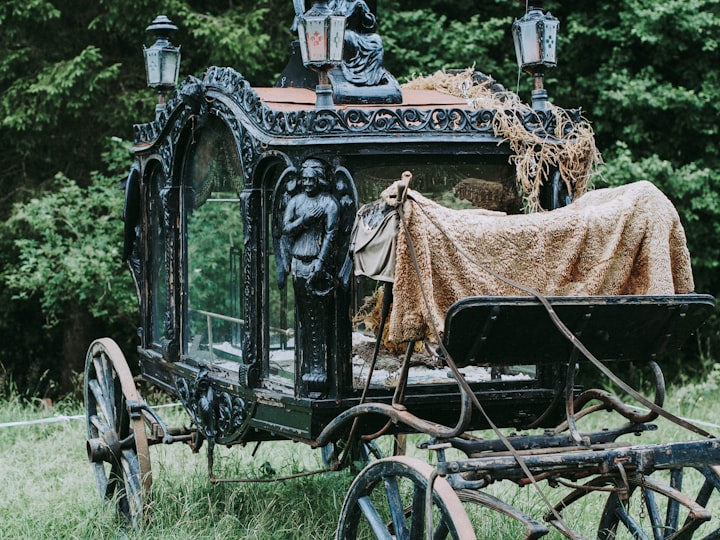Dyking Out: Reclamation of LGBTQ Slang
Dyke, a slur or a power cry in the LGBTQ Community

I have had the word dyke hurled at me for as long as I have been out of the closet. As a masculine-presenting lesbian woman, I hold a certain disdain for the usage of the word dyke in any context. When you have a word constantly used to degrade and harass you it is hard to see it in any other context. I am not even a fan when this term is used amongst other queer women in the community.
Recently I have realized that more and more queer women have normalized the usage of the word dyke. My own partner owns a “big dyke energy” t-shirt and a close friend of mine commonly refers to me and her other queer friends as dykes. She is also a queer woman herself. This has led me to try and question my beliefs and research where dyke stands these days in the normal discourse of conversation.
History and Evolution of LGBTQ Language
Dyke hit the ground running in the 1920s. The term bulldike or bulldiking was coined by African American queer women to identify themselves in the community. The term was commonly used to refer to more masculine-presenting queer women.
It didn’t take long for the heteronormative assholes of the 1920s society to begin throwing dyke around as a slur to describe lesbian women. This trend has carried on to the present day where dyke is still used as a derogatory term when talking about lesbian or queer women.
I tend to forget though that queer also used to be viewed as a negative way to refer to individuals within the LGBTQ community.
Queer is an offensive term for many of the older generations of LGBTQ people. I think of my usage of queer today, it is huge. I use it in the hopes that it is more inclusive than lesbian or gay etc. I use queer to not pigeonhole anyone into a certain orientation or identity but also help them feel seen as not heteronormative or part of the gender binary. But it is not lost on me that the usage of queer 20–30 years ago is equivalent to my disdain currently for the word dyke.
NPR wrote an article recently regarding its usage of queer in both radio and print and the responses some individuals gave to the use of this language. It appeared that younger generations, millennials, Gen X and Z, seem to be more accepting of the word queer. They see this word similarly to me as a descriptor that is inclusive but not stifling.
When the older generations of LGBTQIA+ individuals spoke on the matter they were offended to say the least. Mentions of queer being too informal or used as a cover all for individuals seemed to upset those who grew up and came of age at a time when sexual orientation and gender roles were strictly heteronormative and male or female.
I can understand their disdain but also would hope they take a closer look at their uncomfortable feelings regarding the word queer. My inner reflection on my cringe factor relating to the word dyke is my attempt at understanding a word that has always held hate and repulsion by me. My awareness tells me the word dyke doesn’t mean the same to others in my community.
One Man’s Slur is another Queer’s Liberation
This road leads me to what I believe the problem may be. Dyke has always been used against me, a slur or hateful word meant to make me feel like the disgusting lesbian people portray me to be. This word has held so much power in my life, negative power. I have given it that power by not only taking offense when hurled at me by mostly presumed straight white men but also when those in my community use the term. Those who provide me safe spaces and a home to call my own use this word that I can’t seem to shake my feelings towards.
Why then? Why do we insist on using words that hold hateful connotations? Well, my best guess is that these words only have the power you give them. Therefore, leading to many not giving this word the power someone like me might give it.
Dyke is only a hateful slur when a man who knows nothing about me besides my outward gender expression uses it to make me feel othered. Dyke can only hold the power of shame and disgust if I allow it to. When used from the mouth of a partner or friend this term is ours. Dyke becomes reclaimed for the LGBTQIA+ community and is now our word. It was our word all along. But history has a funny way of transitioning ideas from happy to hateful, from normalized to canceled.
Dyke seems to be the new queer in reclaiming language.
To Dyke or not to Dyke
I am unsure if dyke will ever become part of my common vocabulary. I do plan on trying to see it from a different perspective. I want to view it as a reclaiming of words belonging to the LGBTQ community. The power I give to this word only gives power to those who are discriminatory or harassing towards me. At the end of the day, I am the only one left bothered while those hateful enough to throw the slur in my direction go about their merry small, minded lives.
I want to also point out your feelings are yours and yours alone. If words like dyke or queer are something that evokes feelings of sadness, shame, or degradation I am in no way saying you need to suck it up and move on. Those words are heavy and hold, for some, years of negative memories. I only challenge you to sit in the automatic thoughts that create discomfort when hearing these words. Instead of immediately filing the terms away in your brain as offensive, try to shift perspectives.
Could they also be affirming for some? Might they be reclaimed language specific to some LGBTQ community members, even if not seen that way by you?
About the Creator
Meagon Nolasco
Mental health activist, LGBTQIA+ supporter, racial and social justice fighter-you know, normal human decency.






Comments
There are no comments for this story
Be the first to respond and start the conversation.